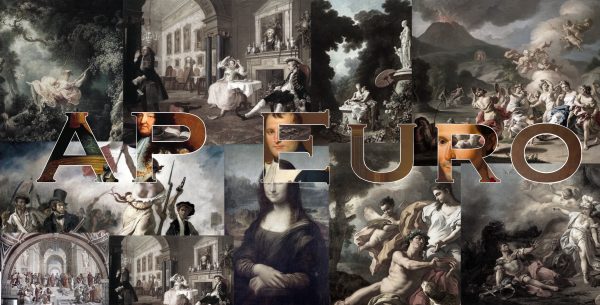Liking Something Doesn’t Necessarily Make It True
March 7, 2017
Blaming the media for your own shortcomings will get you nowhere. Throwing a tantrum on Twitter and throwing reporters out of a press briefing won’t either. Let’s make something clear: just because you read something you don’t like, doesn’t mean it’s not true.
Ever since the day Trump became president, I’ve had to read his ridiculous accusations about the “fake” and “biased” media. I believe this comes from a misconception about media he may have formed as a result of his seemingly exclusive reading of far-right publications like Breitbart.
Good journalists identify, investigate, and make available to the public the truth necessary for citizens to be informed and effective participants in the American democracy.
As my editor likes to tell us, “Your opinion doesn’t matter.”
It’s our job to only report the facts. And if the facts tell us that people believe what the president is doing is wrong, if his approval rate is one of the worst ever for an incoming president, or if his campaign had connections to Russia, then that’s what we must report.
If journalists lie, whether it is about information or about the source from which it came, they are fired. Moreover, they lose the trust of both their audience and their sources, effectively undermining their credibility with the public and eroding the trust that allows them access to the very information they are tasked to obtain.
Unfortunately, I must acknowledge that both liberal and conservative media sources are guilty of bias and inaccurate reporting, and has been failing it its responsibility to report truth.
I understand that since we are human, it can be difficult for even the best journalist to report like a robot without the prejudice of emotion. But the difference between the mainstream media that Trump calls “fake” and what he believes is “real” news like Breitbart or Fox, is that the latter are far more lax in allowing their values interfere with their reporting.
Real media sources own up to their mistakes and publish a retraction when errors are discovered. This is actually a sign of a credible, reliable information source. Think about it: if they are willing to admit an error in reporting, they are obviously checking their facts and truly invested in providing accurate information to their audience.
Meanwhile, right-wing media such as Breitbart, whose bias is so painfully obvious to anyone who has ever read literally anything else, rarely offers retractions, even when their stories are found to be glaringly, mindbogglingly false.
For instance, in 2011, Andrew Breitbart’s website Big Government published a debunked story that an Occupy Savannah activist had been murdered in the camp, which created panic and discredited their liberal cause.
However, the real murder had happened during an armed robbery, 10 miles away from the camp, in a completely unrelated indecent.
Finally, after being called out directly on their inaccurate report, their editor-in-chief Mike Flynn, who wrote the story in the first place, published this retraction: “Savannah police have now clarified this morning to Big Government via telephone that the shooting of Occupy Savannah activist Jonathan Brazell is being investigated as an ordinary robbery, due partly to the fact that it occurred at a significant distance from the protest site itself.”
Please note the lack of any apology or regret for his malicious and completely misleading article.
In comparison, the New York Times has an entire online page dedicated to making corrections in their publications, which states, “The Times welcomes complaints about errors that warrant correction.” Unlike Big Government, their corrections aren’t nearly as alarming or grave, like accidentally reporting the surname of an actor as “Gluck,” not “Glick,” on March 3.
It’s incredibly hypocritical of our president to call the real media “biased” when it’s his own favorite sources that are undoubtedly so. Even Facebook’s new fake news filtering AI could tell you that. It’s especially frustrating since he is the president of the United States. He has the CIA, the FBI, and every Bureau and Department in between to tell him what’s going on. Honestly, he has access to more information than the journalists themselves if he bothered to ask for it!
Sadly, this president has already taken step to undermine those truth seeking institutions as well, tweeting grossly uninformed speculation about the reliability and ethics of the government’s intelligence community and inexplicably suggesting he forgo daily intelligence briefings.
If you really want to make sure that what you’re reading isn’t made-up, check the retractions. Research the sources for credibility. Read more than one article! Please understand that even though you like or agree with what you’re reading, it doesn’t make it true. This applies to both conservative and liberal media sources.
You can’t just call news you don’t like “fake.” Even if it reveals the troubling incompetence of the President of the United States himself.




